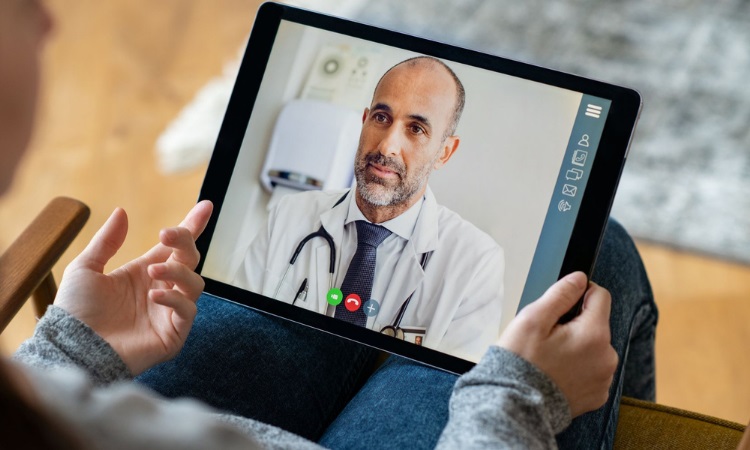Solo Travel Safety Tips for Beginners
Traveling alone can be one of the most rewarding experiences of your life. You get complete freedom to explore at your own pace, meet new people, and discover yourself. But for beginners, solo travel also comes with challenges, especially when it comes to safety.
While traveling alone may seem intimidating at first, the truth is that with some careful planning, awareness, and simple precautions, you can enjoy a safe and unforgettable journey. This article will provide practical solo travel safety tips for beginners to help you stay secure while exploring the world.
Why Solo Travel Safety Matters
Safety should always be a top priority for solo travelers. Unlike group travel, there’s no one else to watch your back or share responsibilities. Some reasons safety matters include:
- Preventing theft or loss: Solo travelers are often more vulnerable to pickpockets or scams.
- Avoiding dangerous situations: Knowing how to handle emergencies reduces risks.
- Ensuring peace of mind: Feeling safe allows you to enjoy your travels fully.
- Protecting health: Staying informed about local medical care, food, and water safety prevents illnesses.
By following basic precautions, you can minimize risks and focus on the joy of exploring new places.
Essential Solo Travel Safety Tips for Beginners
1. Research Your Destination
Before booking your trip, gather information about your destination:
- Learn about local customs, laws, and cultural norms.
- Check for areas that are unsafe or should be avoided.
- Understand transportation options, local emergency numbers, and health facilities.
Pro Tip: Use travel blogs, government travel advisories, and local forums to get reliable information.
2. Share Your Itinerary
Always share your travel plans with a trusted friend or family member. Include:
- Accommodation addresses
- Flight details
- Planned activities
Regularly check in with them to keep them informed of your whereabouts.
3. Stay in Safe Accommodations
Choosing the right place to stay is crucial:
- Look for reputable hotels, hostels, or guesthouses with good reviews.
- Avoid isolated or poorly lit areas.
- Check for safety features such as secure locks, 24-hour reception, and CCTV.
Pro Tip: Book accommodations in advance to avoid risky last-minute options.
4. Pack Smart and Light
Overpacking makes you a target for theft and can make traveling uncomfortable.
- Keep valuables to a minimum—carry only essential documents, credit cards, and cash.
- Use a secure travel bag or money belt to store items.
- Consider a small, discreet backpack for daily outings.
5. Blend In With Locals
Standing out as a tourist can make you an easy target.
- Dress modestly and according to local customs.
- Avoid showing expensive electronics, jewelry, or cash in public.
- Observe and follow local behaviors to avoid unwanted attention.
6. Stay Connected Digitally
Technology can be a lifesaver:
- Carry a mobile phone with local SIM or roaming enabled.
- Keep emergency numbers and your embassy’s contact information saved.
- Use GPS and maps apps to navigate safely.
Pro Tip: Consider a portable charger to ensure your devices never run out of power.
7. Trust Your Instincts
Your gut feeling is powerful. If a situation feels unsafe, leave immediately.
- Avoid dark alleys or poorly lit streets at night.
- Say no politely but firmly if someone makes you uncomfortable.
- Seek help from authorities or locals if needed.
8. Avoid Over-Sharing on Social Media
It’s tempting to post updates in real-time, but it can reveal your location to strangers.
- Share photos after leaving the location.
- Avoid posting your accommodation or travel schedule publicly.
9. Use Safe Transportation Options
Getting around safely is critical:
- Prefer registered taxis, rideshare apps, or public transport with good reviews.
- Avoid hitchhiking or accepting rides from strangers.
- Sit near the driver and keep your bag on your lap if using taxis.
10. Learn Basic Self-Defense Skills
Even simple self-defense knowledge can boost your confidence and help in emergencies.
- Take a short self-defense class before your trip.
- Carry safety items like a whistle or small personal alarm.
- Stay alert and avoid distractions like headphones in unfamiliar areas.
11. Keep Copies of Important Documents
Always have backup copies of:
- Passport or ID
- Travel insurance
- Flight tickets and accommodation bookings
Store digital copies in a secure cloud or email so you can access them if lost.
12. Practice Health and Hygiene Safety
Stay healthy to enjoy your travels fully:
- Drink bottled or filtered water if necessary.
- Eat at clean, reputable places to avoid foodborne illnesses.
- Carry a basic first-aid kit for minor injuries.
13. Avoid Night Travel Alone
While it may be tempting to explore nightlife, avoid walking alone at night in unfamiliar areas.
- Opt for a group tour or trusted local guide if traveling after dark.
- Stay in well-lit, populated areas.
14. Set a Budget and Avoid Flashing Money
Carrying large amounts of cash or showing expensive items can attract unwanted attention.
- Use credit/debit cards where possible.
- Divide cash and keep it in multiple locations for safety.
15. Connect With Fellow Travelers
Meeting other solo travelers can increase safety and make your trip more enjoyable:
- Join travel groups or social events.
- Share experiences and tips with other travelers.
Final Thoughts
Solo travel is an empowering and transformative experience. With careful planning, awareness, and these safety tips for beginners, you can enjoy exploring the world confidently and safely.
Remember, the goal is to balance adventure with caution. The more prepared you are, the more enjoyable and stress-free your solo journey will be. Travel smart, stay alert, and make memories that last a lifetime.
FAQs
1. Is solo travel safe for beginners?
Yes, as long as you plan carefully, stay aware of your surroundings, and follow basic safety precautions.
2. How can I stay connected while traveling alone?
Carry a mobile phone with local SIM or roaming, use GPS apps, and share your itinerary with a trusted person.
3. Should I avoid traveling at night alone?
Yes. Stick to well-lit and populated areas, or consider group tours for night activities.
4. What should I carry for personal safety?
A whistle, personal alarm, small first-aid kit, and money belt are helpful for safety and emergencies.
5. How can I prevent theft while traveling solo?
Keep valuables minimal, use secure bags, blend in with locals, and avoid flashing cash or expensive items in public.
news via inbox
Mail us for latest news and updates







